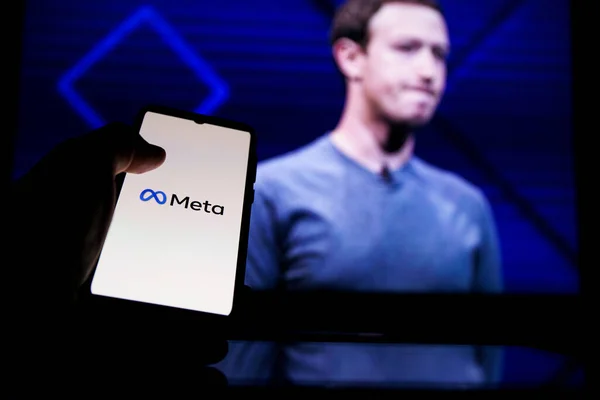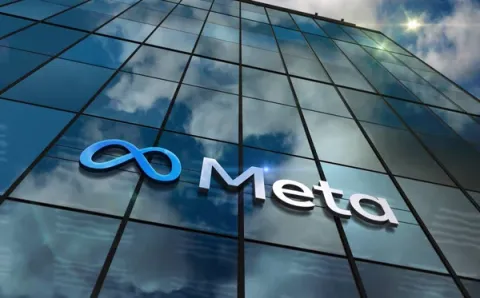Zuckerberg admits everything: I didn’t want this, I was forced

Zuckerberg admits to a confession that changes everything.
Mark Zuckerberg openly admitting to external pressures left me stunned. The head of Meta, a company synonymous with digital dominance, admitted that his key decisions were shaped by external forces.
Not his ideas, not his judgement—pressure.
He announced the end of Meta’s third-party fact-checking programme in the United States, replacing it with a decentralised system called "Community Notes." On paper, it sounds promising—giving power back to users.
But is this about empowering the public, or is it Zuckerberg adapting to survive?

The suspicious timing of regret
Let’s be honest, the timing couldn’t be more convenient.
For years, Zuckerberg defended Meta’s strict moderation policies, calling them vital to combating misinformation. But now, with Trump back in power, he’s changing direction.
Is this genuine remorse, or a calculated move to stay ahead in a politically charged environment?
It feels too aligned with the current political climate to be coincidental. Zuckerberg has always been strategic, and this latest confession feels more like a chess move than a heartfelt admission.
What zuckerberg’s confession reveals
What really troubles me is what Zuckerberg’s admission says about Big Tech. If even someone as powerful as him can be pressured, what does that mean for the platforms shaping global conversations?
Facebook and Instagram were sold to us as platforms for connection and expression, but this confession exposes their vulnerability. These platforms are not just tools—they’re battlegrounds, susceptible to manipulation both by their creators and external forces.
Journalism under siege
As a journalist, this feels like a betrayal. Zuckerberg’s move to decentralise moderation sounds like a win for free speech, but it’s not. By placing the responsibility on users, Meta risks amplifying chaos, not addressing it.
Journalism once stood as a beacon of truth and accountability. Now, in a world ruled by algorithms and polarisation, even the idea of truth feels increasingly fragile. Zuckerberg’s confession doesn’t inspire confidence—it’s a stark reminder of how much we stand to lose.
The fight for truth
Despite everything, I can’t bring myself to give up. Zuckerberg’s confession, calculated or not, is a wake-up call. It reminds us that the fight for truth is more important than ever.
As journalists, we must ask the tough questions, even when it feels like no one is listening.
Because if we don’t fight for the truth, who will?